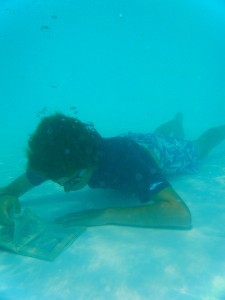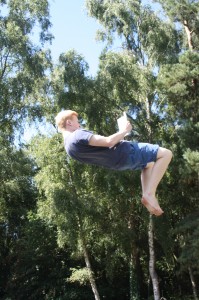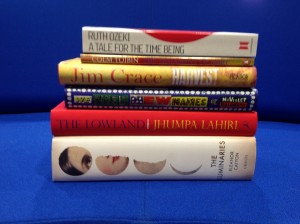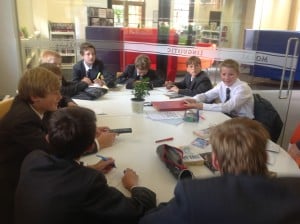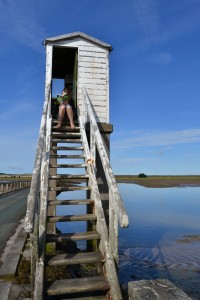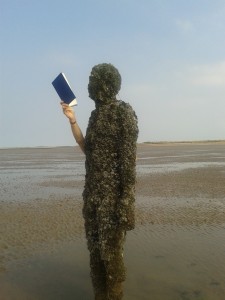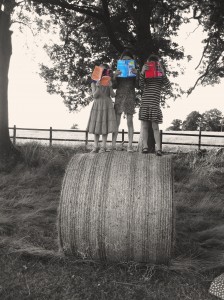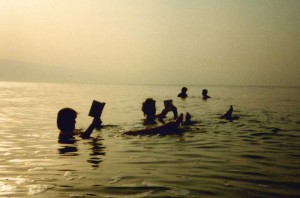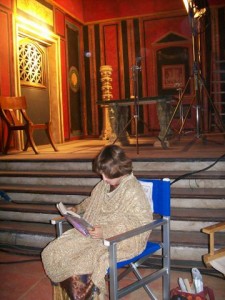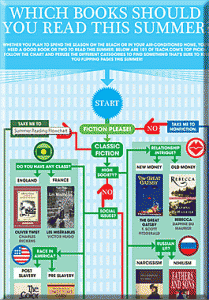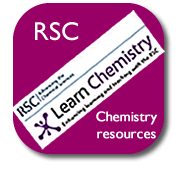I’ve just discovered this fantastic book recommendation site. Five Books asks authors and experts to recommend the best books in their subject. In an interview they then discuss why the books are important and what they are about. You can browse by topic or interview or search for a particular book or author/expert. It covers a huge range of subjects range from Espionage to The Mind and Comedy to How to Be Good.
Try Tom Holland on Ancient Rome, Jo Nesbo on Norwegian Crime Writing or Marcus du Sautoy on The Beauty of Maths. There’s a whole section on Being a Parent and plenty of Fiction suggestions too. Definitely something for everyone on this very attractive website.
Follow @tweetingmanatee on Twitter for updates on interviews and authors.
If you would like the Library to order any of the books you discover or want to check stock email library@wellingoncollege.org.uk or drop into the library.

